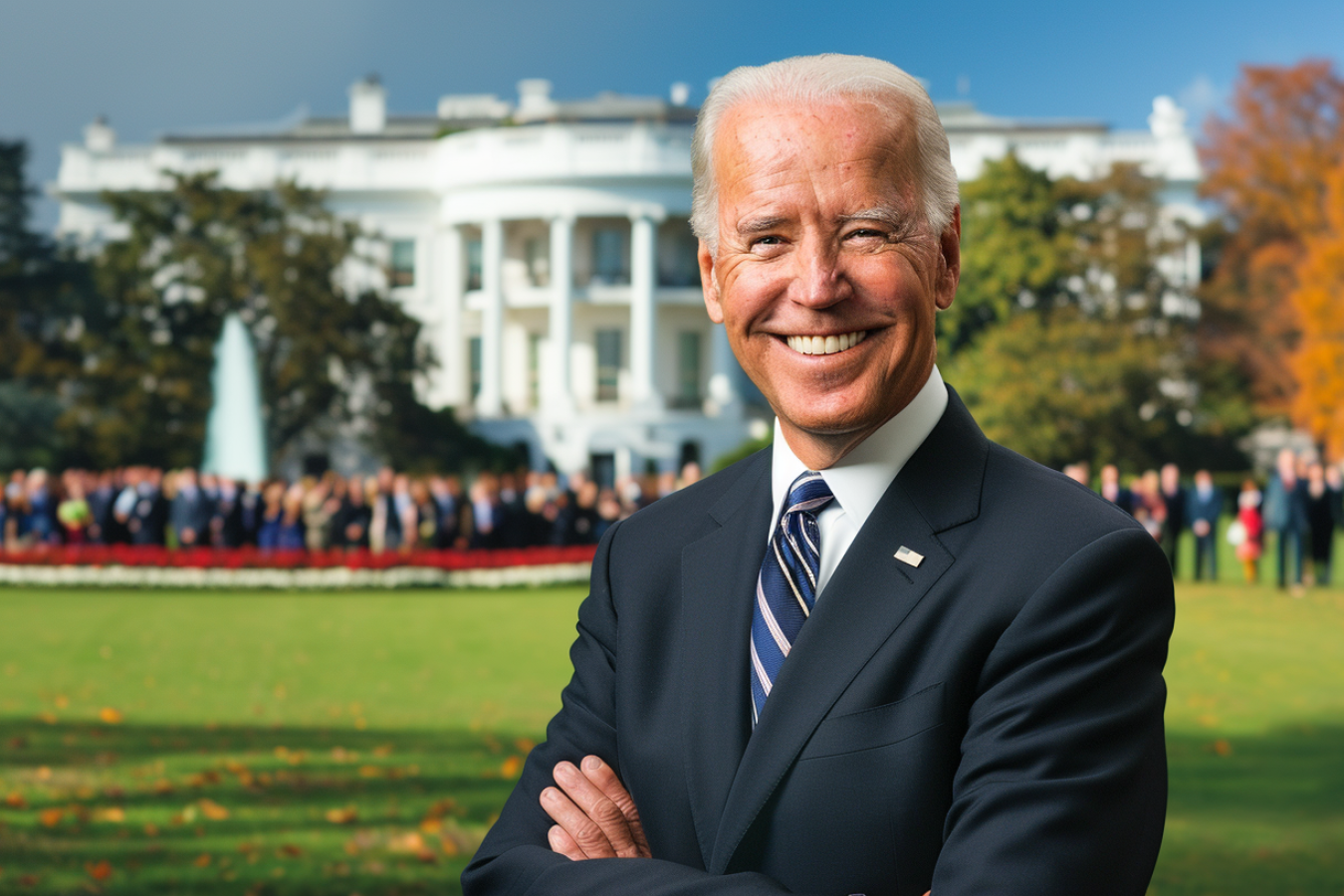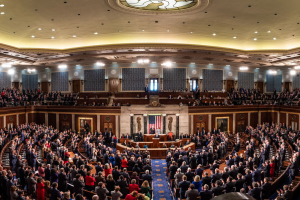Support migrant centric journalism today and donate

By Sanwar Ali:
Introduction
The transition from the Trump to the Biden Administration brought a seismic shift in U.S. immigration policy. The Biden Administration's approach to immigration has been marked by significant policy reversals, ambitious new initiatives, and an ongoing struggle to manage a complex and evolving landscape.
Policy Reversals and New Initiatives
The Biden Administration took office with a sweeping agenda to reverse many of the Trump Administration's most controversial immigration policies. Among the most notable reversals was the end of the so-called "Muslim Travel Ban," which had imposed severe restrictions on travel and immigration from several majority-Muslim countries.
On the legislative front, the Biden Administration proposed an ambitious immigration reform bill that would provide a pathway to citizenship, akin to an adjustment of status, for an estimated 11 million unauthorized immigrants currently living in the U.S. This contrasts sharply with the Trump Administration's strict enforcement of immigration laws, which resulted in high levels of deportations and a sharp reduction in the admission of refugees and asylum seekers, as well as limited opportunities for permanent residency.
Border Management and Asylum Policies
Under the Biden Administration, managing the U.S.-Mexico border and processing asylum claims has proven to be a particularly challenging area. The administration has faced criticism from both ends of the political spectrum for its handling of a surge in border crossings, especially by unaccompanied minors.
On asylum policy, the Biden Administration has sought to reverse the Trump Administration's "Remain in Mexico" policy, which required asylum seekers to stay in Mexico while their claims were processed in the U.S. However, this effort has been complicated by legal challenges and logistical hurdles.
Visa and Legal Immigration Reforms
The Biden Administration has taken steps to reform visa policies, with a focus on reversing some of the restrictive measures implemented by the Trump Administration, particularly for employment-based visas such as the H-1B, L1, and E2 visas.
H-1B Visa Reforms: The administration has made efforts to make the H-1B visa program more accessible, primarily by overturning policies that had tightened regulations around these visas. This includes rescinding measures that would have eliminated work authorization for spouses of H-1B visa holders and attempting to revise the visa selection process.
L1 Visa Adjustments: While there have not been significant policy overhauls for L1 visas under Biden, the administration's approach has been more favorable compared to the previous administration. This is reflected in a potentially lower rate of petition denials and a more facilitative stance towards international businesses and intracompany transfers.
E2 Visa Continuity: The E2 Treaty Investor Visa program has not seen major direct changes under the Biden Administration. However, the administration’s overall positive stance towards international trade and investment might indirectly benefit E2 visa applicants.
Additionally, the Biden Administration has proposed legislation to expand the diversity lottery program, which aims to diversify the immigrant population in the U.S. by providing visas to applicants from countries with historically low rates of immigration to the United States.
Enforcement and Interior Immigration Policies
In terms of interior immigration enforcement, the Biden Administration has issued new guidelines that prioritize the arrest and removal of immigrants who pose a threat to national security, public safety, or border security. This represents a shift from the Trump Administration's more aggressive enforcement policies, which resulted in high levels of deportations, including of individuals with no criminal record.
Refugee Admissions and International Diplomacy
One area where the Biden Administration has sought to reverse Trump-era policies is in refugee admissions. The Trump Administration had set a historically low cap on refugee admissions, but the Biden Administration has pledged to significantly raise this cap, reflecting a commitment to a more humanitarian approach.
In the realm of international diplomacy, the Biden Administration has sought to address the root causes of migration, especially from Central America, through a strategic mix of foreign aid and diplomatic engagement.
COVID-19 and Immigration
As the immediate impacts of the COVID-19 pandemic have lessened, the Biden Administration continues to address the ongoing challenges it poses to U.S. immigration. Initially, the pandemic led to a significant reduction in visa issuances and border crossings, along with the implementation of various public health measures.
The current focus is on:
- Adjusting Immigration Processes: The administration is adapting immigration procedures to the new normal, streamlining processes that were delayed or disrupted during the height of the pandemic.
- Public Health Measures at Borders: While maintaining necessary health protocols, the administration is easing restrictions in a phased manner, aligning with the broader lifting of COVID-19 measures nationally and globally.
- Responding to Changing Immigration Patterns: The administration is addressing shifts in immigration patterns resulting from the pandemic, such as fluctuations in work and student visa applications and changes in asylum claims.
As the situation continues to evolve, the administration attempts to balance the facilitation of legal immigration with public health considerations.
Legislative Efforts and Challenges
Despite controlling both the White House and Congress, the Biden Administration has faced significant challenges in passing comprehensive immigration reform. The administration's proposed immigration bill, which includes provisions for a pathway to citizenship for unauthorized immigrants, has met with resistance from Republicans and some Democrats, complicating the legislative process.
Conclusion
In summary, the Biden Administration's immigration policy represents a significant departure from those of the Trump Administration, with a greater emphasis on providing pathways to legal status for unauthorized immigrants, reforming visa policies, and addressing the root causes of migration. However, the administration faces ongoing challenges in managing the U.S.-Mexico border, processing asylum claims, and achieving its legislative goals. As such, immigration promises to remain a contentious and high-profile issue in U.S. politics for the foreseeable future.
workpermit.com helps with US Work Visa: L1, H1B, E2, and O1 Visas
There are various types of US visas that individuals can apply for, depending on their circumstances. Some of the most common employment-based visas include:
L1 visa: This visa is for intracompany transferees who work in managerial or executive positions or have specialized knowledge.
H1B visa: This visa is for specialty occupations that require theoretical or technical expertise in specialized fields.
E2 visa: This visa is for investors who have made a significant investment in a US business and, management or essential skills employees. Only certain nationalities can apply.
O1 visa: This visa is for individuals with extraordinary abilities in the arts, sciences, education, business, or athletics.
Workpermit.com is a specialist visa services firm with over thirty years of experience dealing with visa applications. For more information and advice, please contact us on 0344 991 9222 or at london@workpermit.com(link sends e-mail)
Image is AI Generated





















